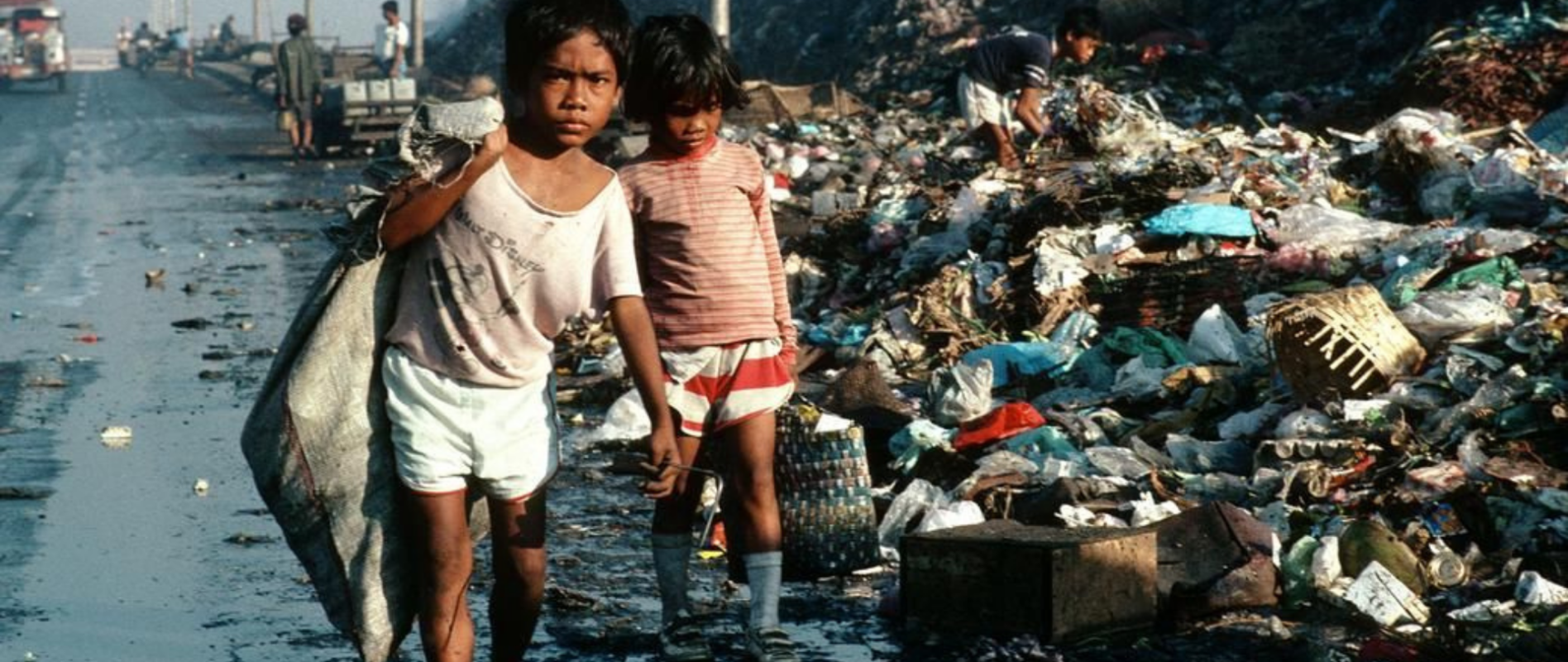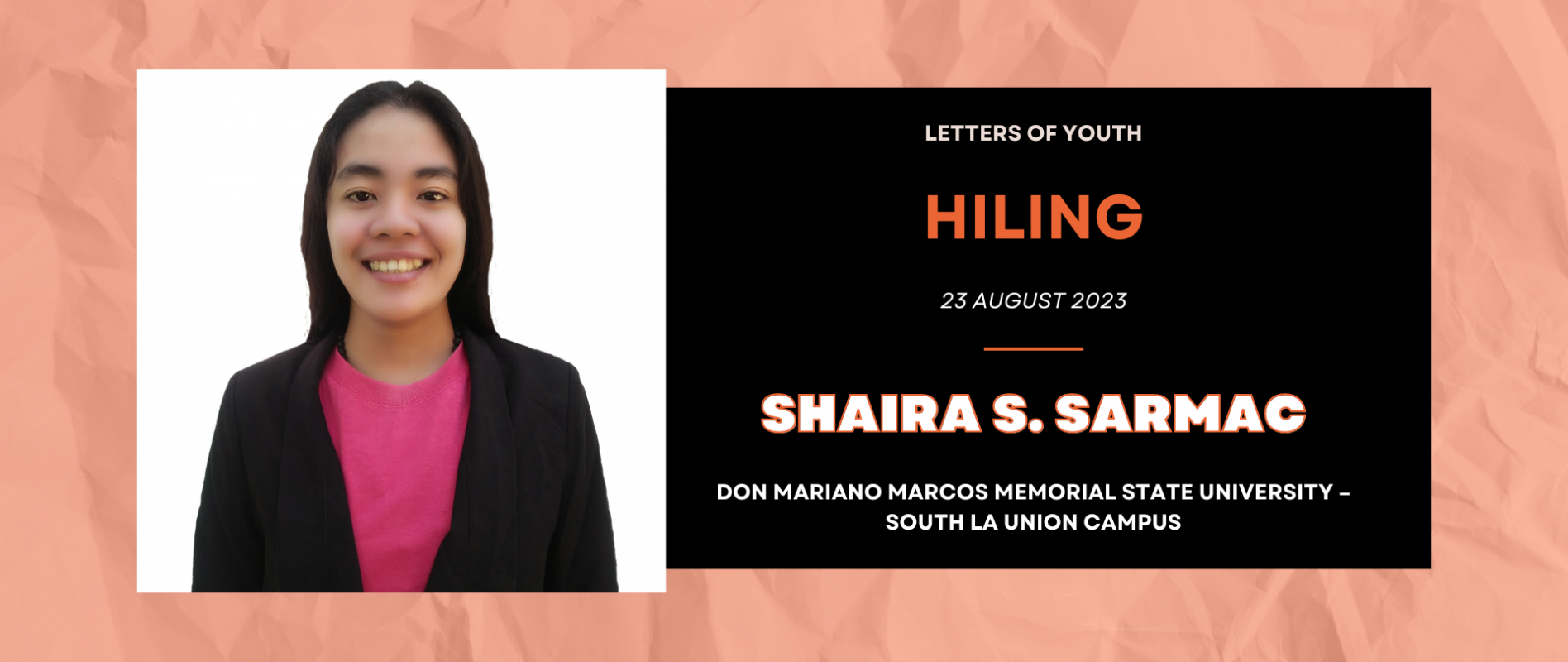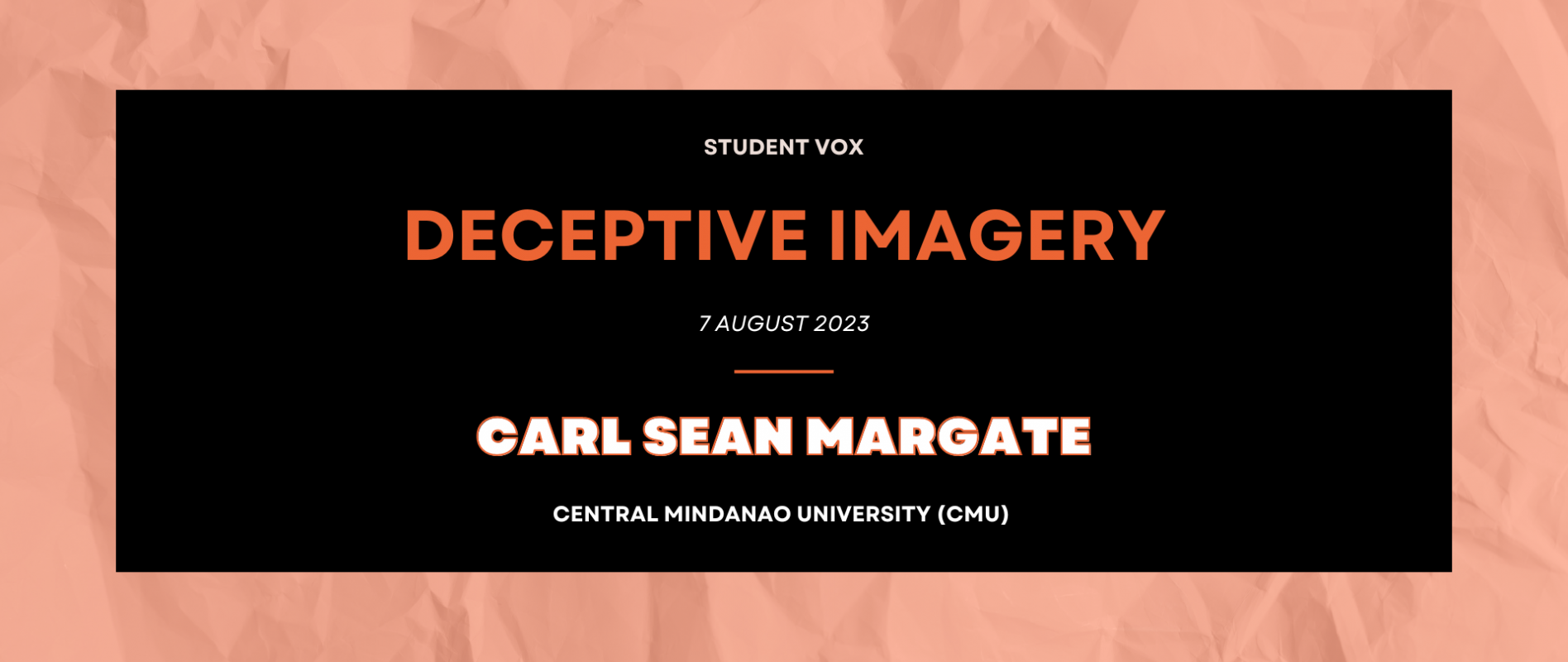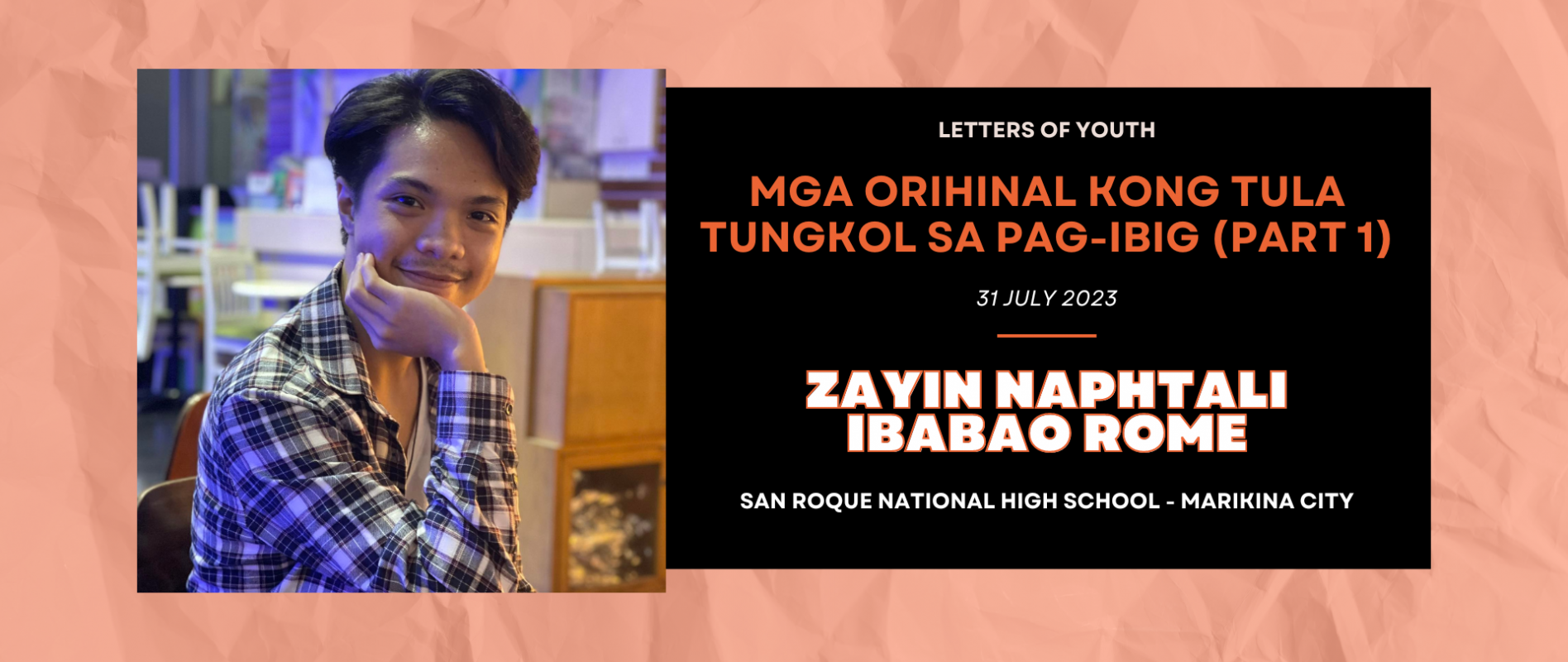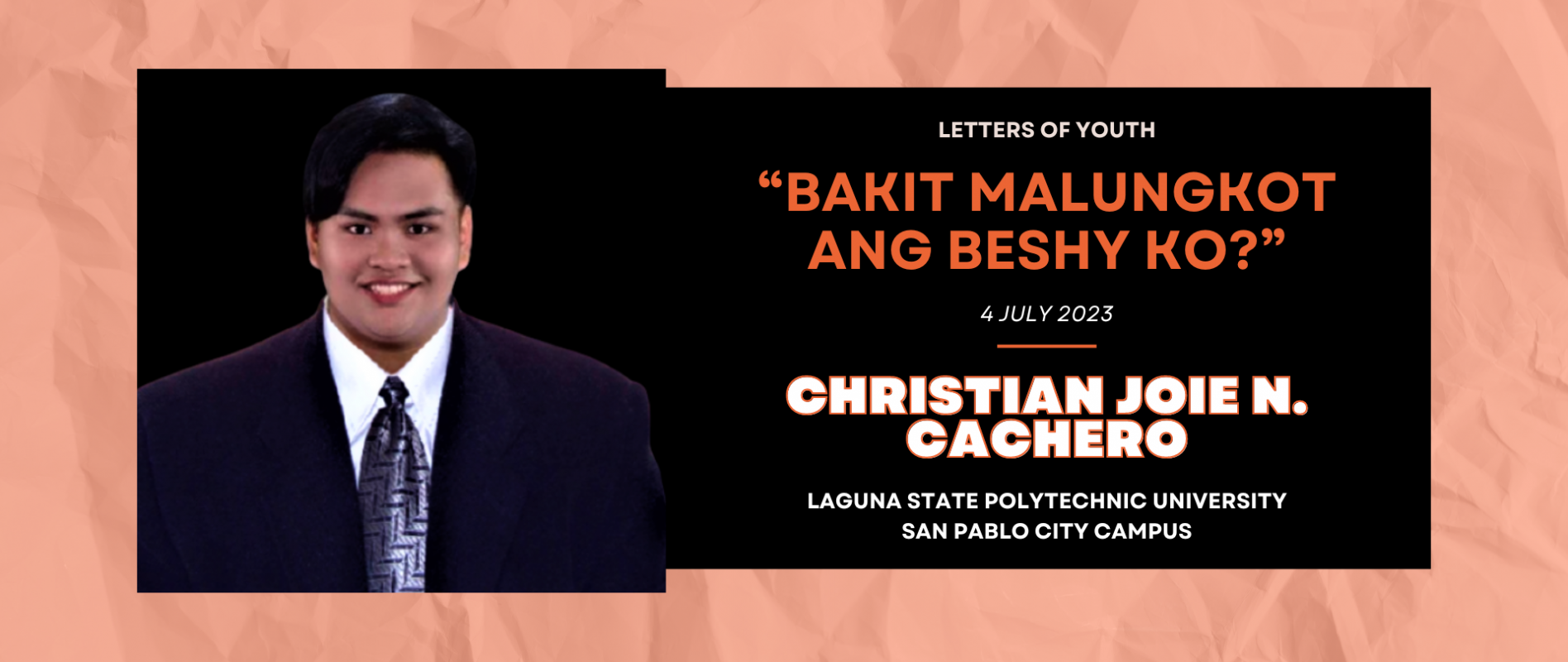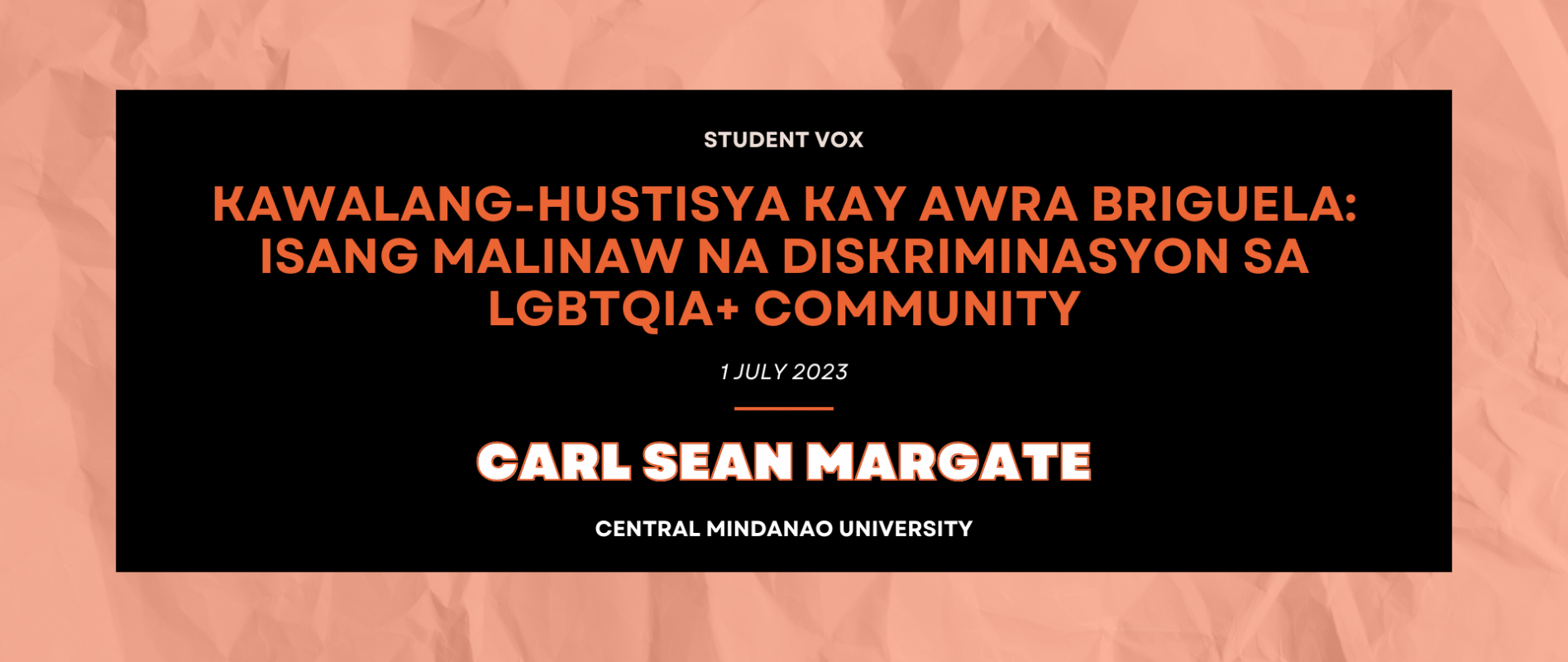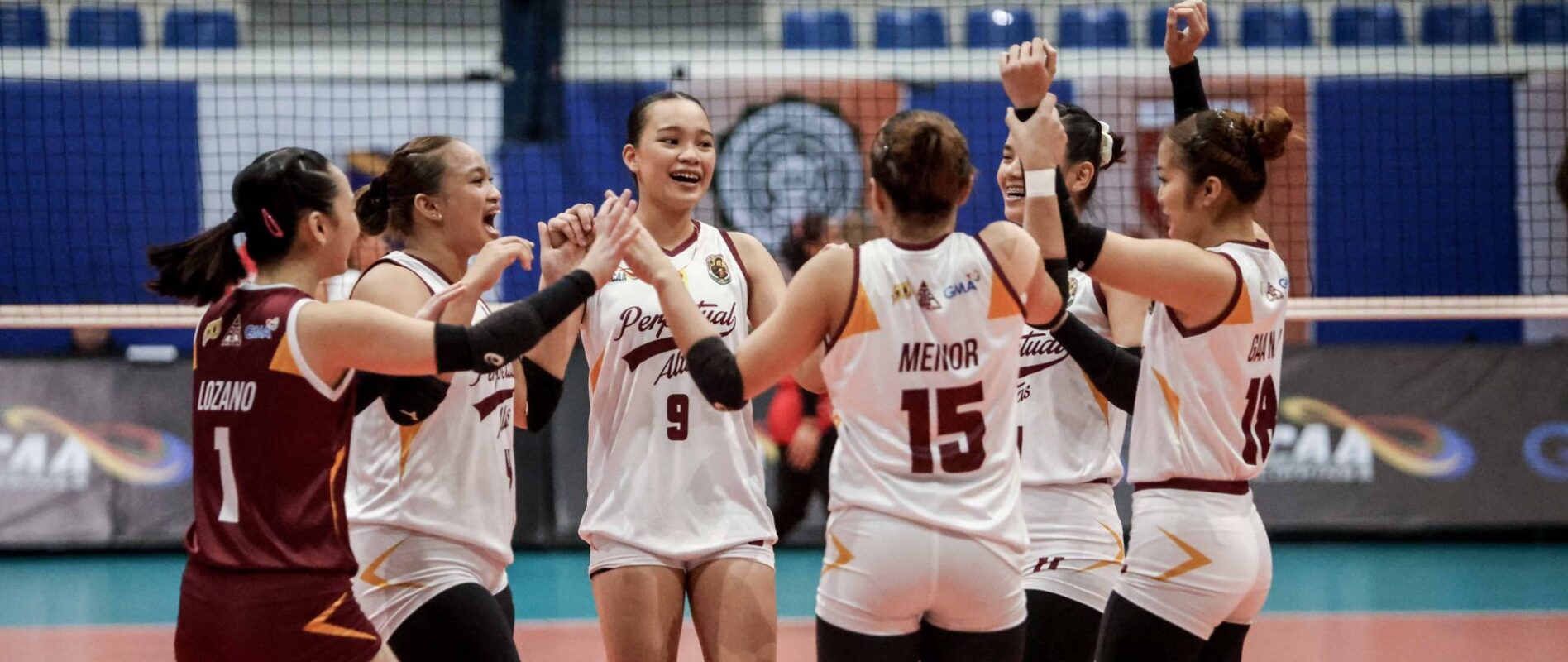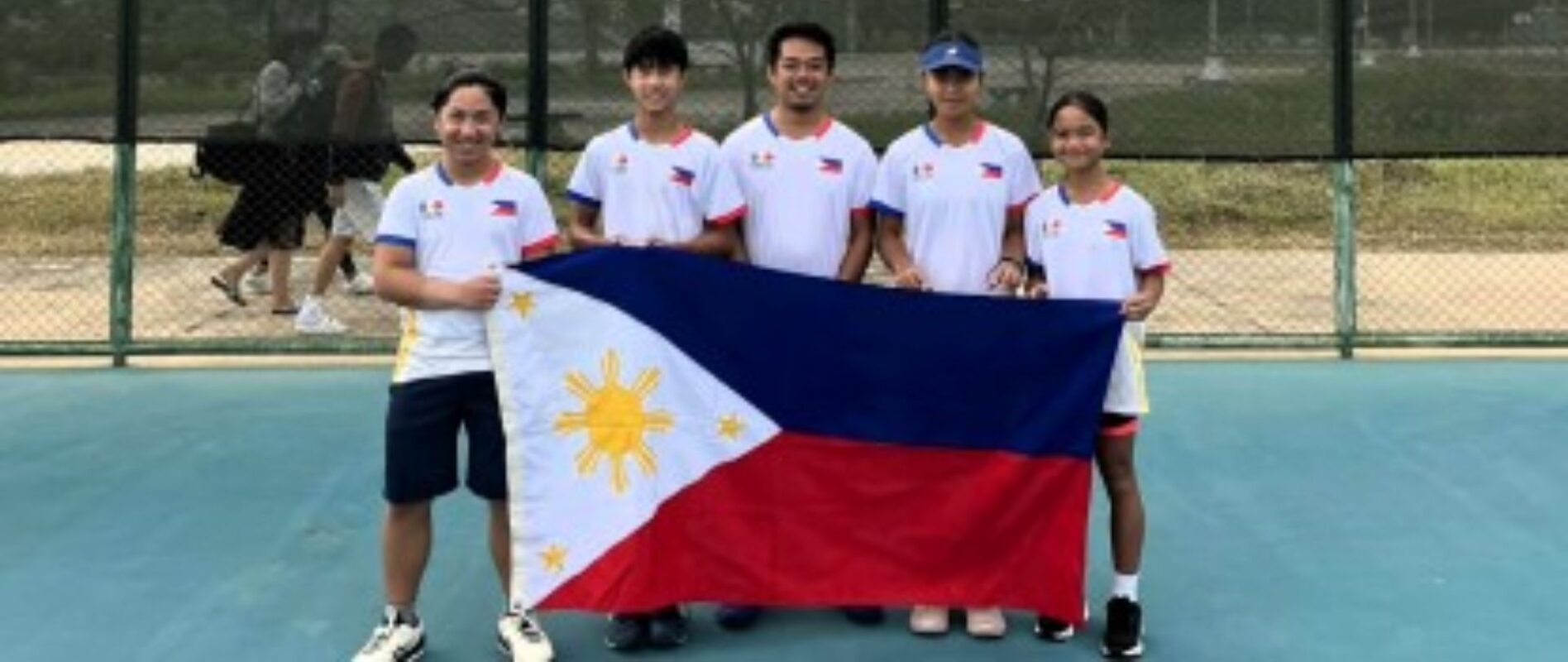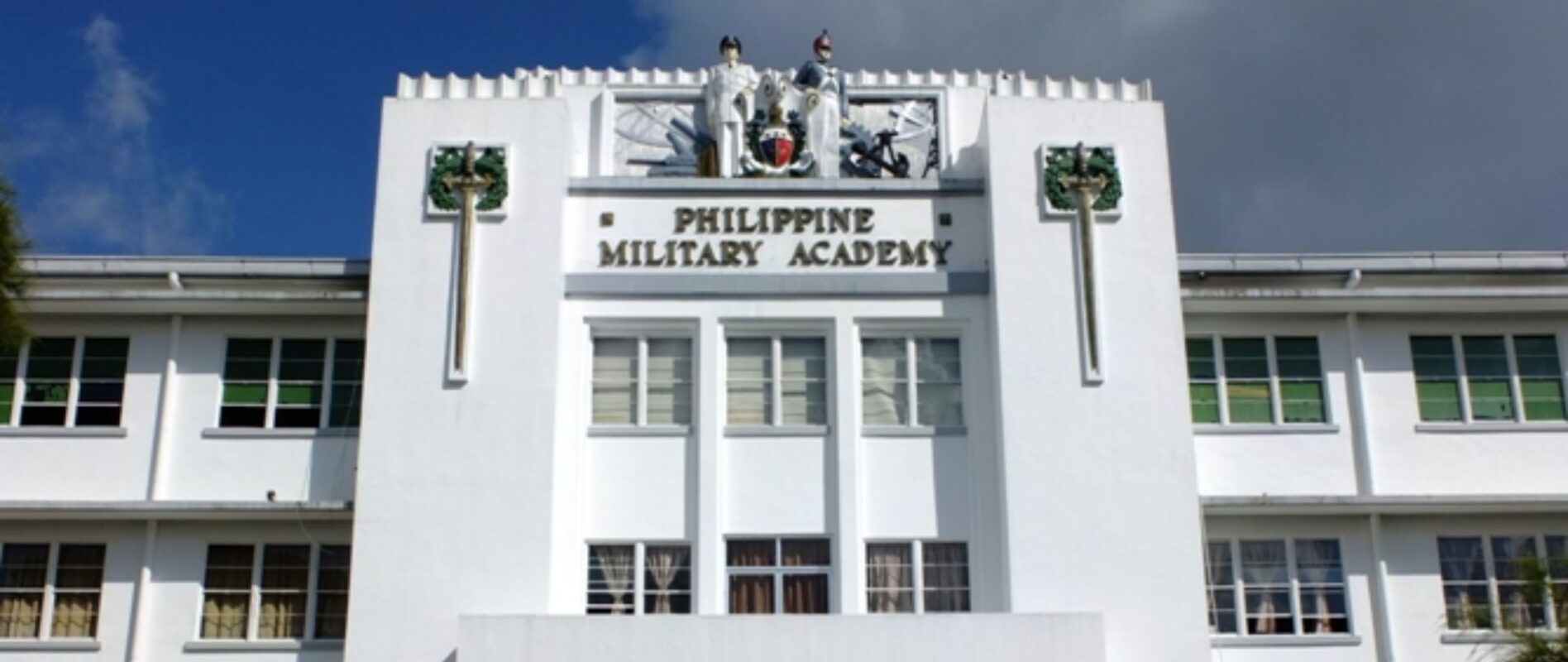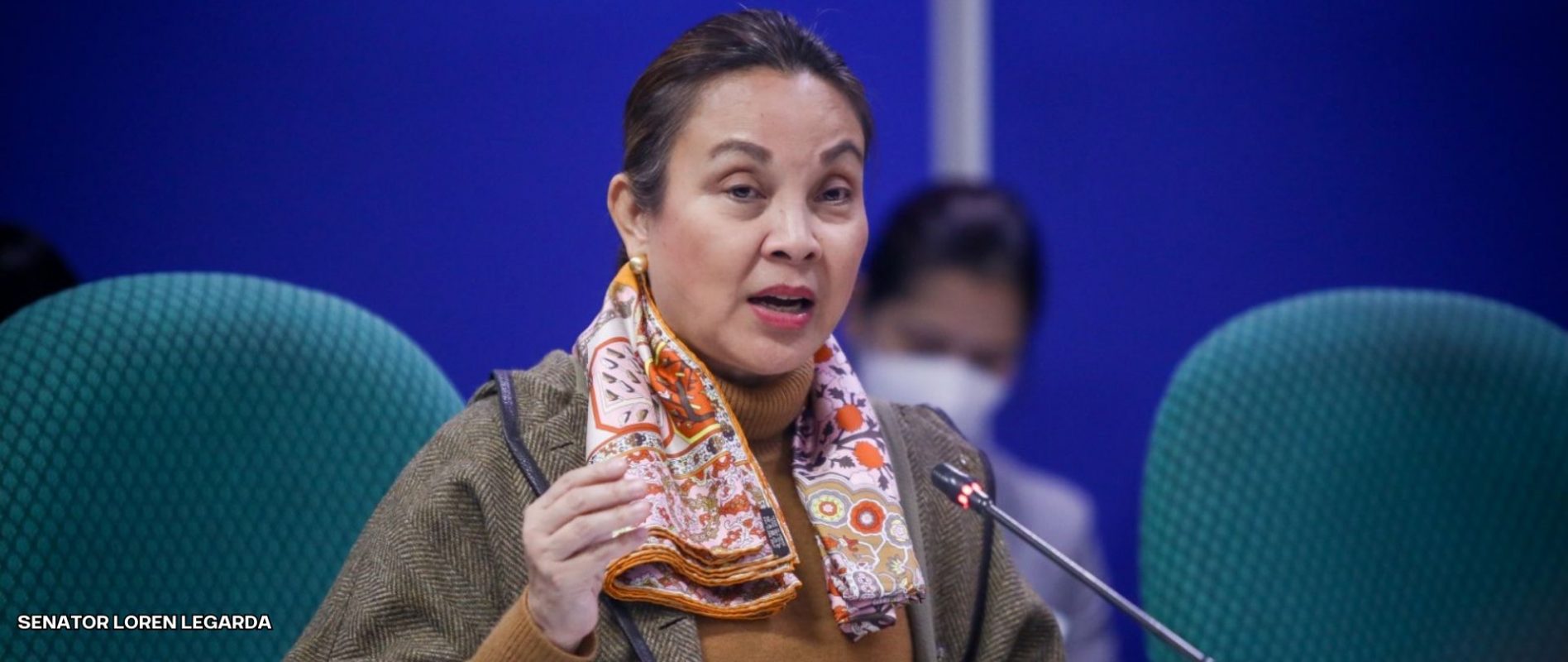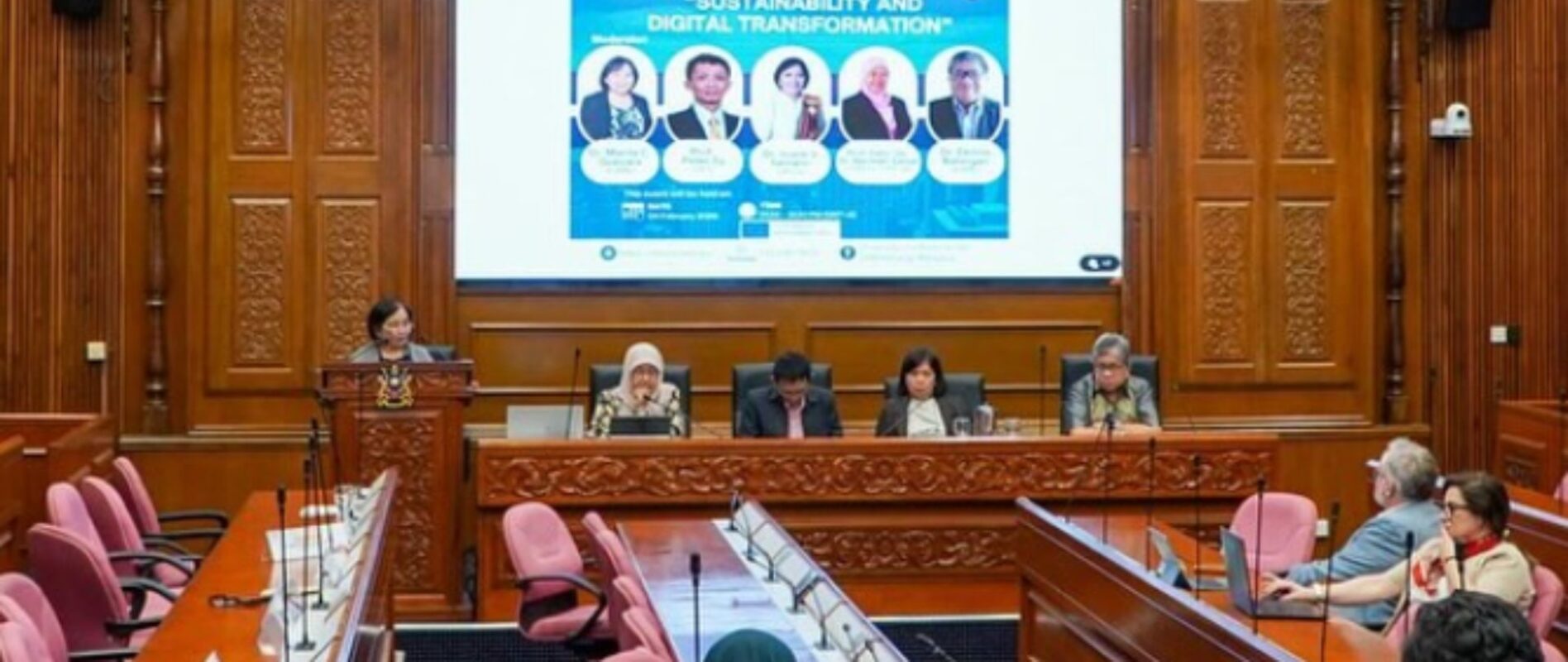AS WE OPEN OUR EYES AND WIDEN OUR MINDS
I asked my father once about his thoughts about the Philippines constitution. I didn’t expect his response, he said that our “constitution” was only built for wealthy people. Even if the Filipino people are the authors, do those papers still make sense?
The Constitution serves as the political bible for some countries. It notifies the fundamental principles and rights that every individual must hold up onto. In the Philippines, the 1987 Constitution is the existing statute made by, not our leaders, but ourselves. It is stated on the charter of the Declaration of Principles and State Policies (Article II. Section 1), the Philippines is a democratic and republican State. Meaning, democratic follows the majority of decision and the republic informs that the constitution must be followed.
The Filipino people indirectly elect the governing legislators who will guide their body of constituents to create laws and facilitate the essential needs of the people. Looking at our current situation, as we open our eyes and widen our minds, do we really think the constitution that we follow up to this day really is a democratic instrument?
The Philippines exercises democratic practices for us to maintain the humane society that we require. But as we dive deeper, there are still undemocratic practices that we do not know that are still here. Take, for example, Poverty. If the Philippines is a rich country filled with abundant agricultural commodities, why do some still struggle for basic necessities? One of its main reasons for poverty is the fading of our agricultural sector. According to De Guzman (2018), Agricultural land is being developed into industrial areas, shopping malls, and subdivisions. Many of our senseless legislators desired to keep establishing numerous shopping centers in rural areas to make more profit. They want for themselves and less for others. Our farmers also lack support from the government. They cannot afford the good life they want, that’s why they strive to work hard in planting crops.
Poverty does not only circle around the spectrum of agriculture but also in Metro Manila. I lived in Tondo for seven years, and the causes of poverty here in metropolitan areas are excessive. Food, clothes, and shelter are our basic needs. People like us are blessed to have these necessities above our heads, but others are looking for rummage cardboards for a bed to sleep in for the night. Whenever I will go home from school, some beggars will board inside the jeep and give away envelopes for passengers to fill in with alms. Some of them either sing or even play plastic drums. Again, no one likes to beg and plead for money from strangers, but with the inequality in our system, we might still see them on the streets.
Another undemocratic practice that I see is the unfair justice system. We all know gatherings have been temporarily banned and physical distancing should be observed. But amidst the pandemic and hardcore lockdown in crucial cases of COVID-19, there is a celebration being held for a major general in Camp Bagong Diwa. Unfortunately, all of the individuals were not charge for the violation of ignoring the rules.
But in the case of Lolo Elmer Cordero, the law did not abide by him. Cordero is a senior citizen and a jeepney driver was fighting for their jobs to return back. It has been a month for them not making money to suffice their family needs. Cordero was violated with the city’s ordinance on social distancing and inciting mass gatherings. Without any clue of unlawful activities, the drivers who were fighting for their jobs had been sent to jail with the same charges as the first ones did. The justice system only resides for those who powerful and have lucre in their pockets. When will there be justice for the poor?
Lastly, cultural domination. The Philippines has been colonized by many countries such as Spain, United States, and Japan. The colonization of these countries has affected and influenced the Philippine culture. Language, religion, food, clothing, literature, and even the name of our country. Most of what we know has been “conquered” by another. The problem is that we tend to forget our own. Filipinos are inclined to support other cultures, especially in sports, music, arts, and many more. We do not value our own, instead, we praise other’s taste.
Overall, these are the undemocratic practices that had bought me a huge amount of impact. Despite the uncertainties that our country has experienced, there are still motives that try to destroy our country’s democracy. All we have to do is just imply the aid of Almighty God and promote the common good.

